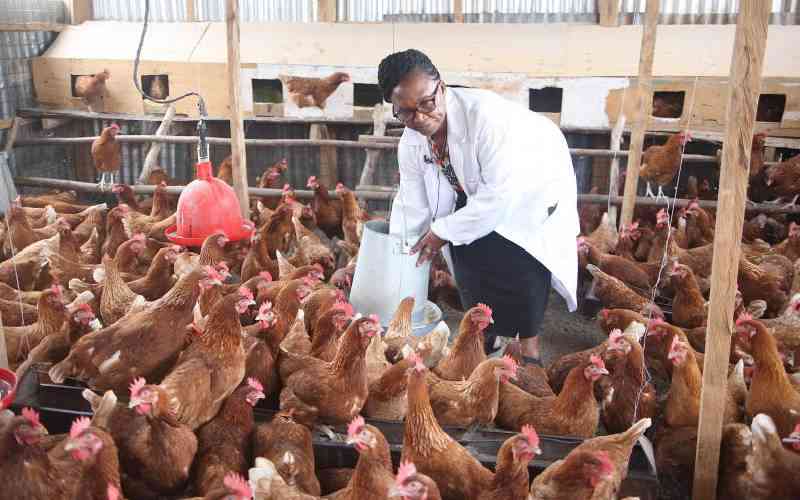South Africa Responds to New US Tariffs, Concerns Raised Over Impact

The South African Presidency has voiced strong concerns regarding the recent tariffs imposed by the United States, characterizing them as punitive measures that impede international trade and hinder shared prosperity. These tariffs, announced by U.S. President Donald Trump, include a 30% tariff on South African exports to the United States, ostensibly as retaliation for perceived unfair trade practices. The South African government has articulated its commitment to fostering a mutually beneficial trade relationship with Washington, emphasizing the necessity of negotiating a new bilateral trade agreement to secure long-term trade certainty.
Presidency spokesperson Vincent Magwenya conveyed the government’s position, underscoring the urgency of establishing a stable trade framework. The imposed tariffs are seen as a barrier to economic cooperation and growth, necessitating immediate diplomatic engagement with U.S. officials to explore potential avenues for resolution. The outcome of these discussions will significantly influence the future trajectory of trade relations between the two nations, particularly concerning key sectors such as agriculture and automotive manufacturing.
In a broader policy shift, the United States has imposed substantial tariffs on several African nations, signaling a de facto termination of the African Growth and Opportunity Act (AGOA). Countries including Lesotho, Madagascar, Mauritius, Botswana, and South Africa now face tariffs ranging from 30% to 50%. This development occurs amidst existing socio-economic challenges in these nations, including high poverty rates, significant debt burdens, food shortages, and health crises. AGOA, designed to provide preferential access to U.S. markets to bolster African development, was slated to expire in September, but these new tariffs effectively preempt its official end.
South Africa, as the continent’s primary exporter to the U.S., confronts compounded economic challenges, particularly with additional 25% tariffs on vehicles and automotive parts, jeopardizing its $2 billion export sector. While some of South Africa’s major exports have been spared from the newly announced tariffs, the agricultural sector is anticipated to encounter significant difficulties. Farmers involved in citrus and wine production, for example, may experience considerable economic hardships. The citrus industry alone exported 120,000 tonnes to the U.S. in 2022, valued at $134 million, highlighting the potential impact of these trade policy changes.
The Automotive Business Council, Naamsa, has also expressed deep concerns over these new tariffs, describing them as “deeply disappointing” and warning of potential strain on diplomatic relations. Vehicles produced outside the U.S. will face an immediate 25% tariff, extending to other automotive products. Naamsa urges the South African government to prioritize trade discussions to protect jobs, support consumer demand, and promote economic growth. They argue that manufacturers cannot absorb the additional costs, which will lead to higher prices for U.S. consumers and a reduced selection of South African-made vehicles.
Naamsa CEO Mikel Mabasa, speaking at the Gauteng Investment Conference in Johannesburg, cautioned that the tariffs could have serious consequences for jobs and investment in South Africa’s automotive sector. He emphasized that the U.S. decision undermines existing trade agreements and the principles of a fair, rules-based trading system, potentially hindering the economic development, employment, and industrialization that the South African auto industry contributes significantly to.
Conversely, Neale Hill, President of Ford Group Sub-Saharan Africa, expressed a degree of optimism at the Gauteng Investment Conference, suggesting that the tariffs may have minimal impact on the African continent. Hill highlighted the recent commitment from an EU trade delegation to invest billions of euros in South Africa, indicating potential positive developments in the region's trade landscape. While acknowledging the interconnected nature of the auto industry, Hill urged a cautious approach, emphasizing Ford's diversified approach towards exploring different propulsion technologies and aligning production strategies with market demands and affordability considerations.
Hill reassured that Ford, with its global supply network, is not currently experiencing significant impacts on part supplies in South Africa. He emphasized the company's commitment to maintaining affordability and stability in pricing for their vehicles, particularly through the production of the Ford Ranger in South Africa with a high local content percentage. Overall, Hill's perspective reflects a sense of cautious optimism, emphasizing the need for adaptive strategies and a focus on local production to navigate potential challenges in the evolving global trade landscape. The expiration of the AGOA trade deal in September further complicates the situation, necessitating proactive measures to mitigate adverse effects on African economies.









